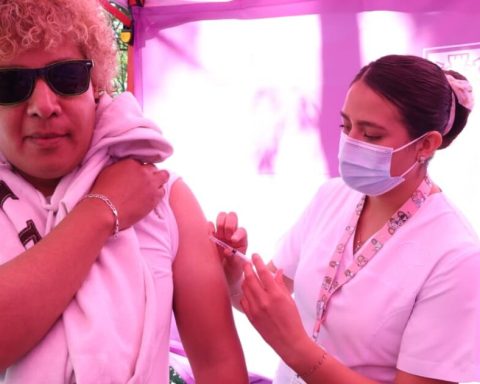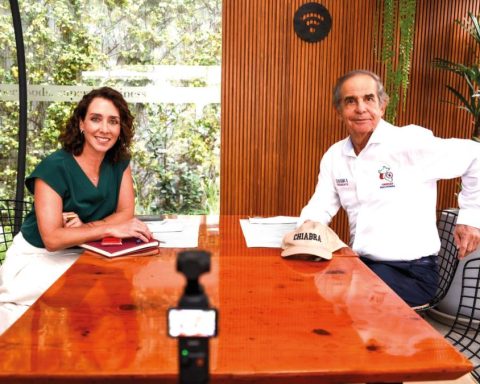Covid-19 pandemic exacerbated threat of antimicrobial resistance to public health
Carolina Gomez Mena
Newspaper La Jornada
Saturday November 19, 2022, p. eleven
Antimicrobial resistance (AMR) is currently one of the top 10 public health threats, according to the World Health Organization (WHO). In the middle of the last decade, a group of researchers calculated its impact and warned that if there were no changes in the use of antibiotics, by 2050 ADR-related deaths could reach 10 million a year.
In the World Week of Awareness on the Use of Antimicrobials (from November 18 to 24), and whose motto this year is Let’s prevent antimicrobial resistance together, the National Institute of Public Health (INSP) specified that before the pandemic of covid-19 (2019), ADR was related to nearly 5 million human deaths worldwide, of which 1.3 million were directly attributable to bacterial AMR
.
He added that with SARS-CoV-2, RAM gained ground
probably because of the increased use of antibiotics due to concerns about bacterial co-infections and difficulty in differentiating between covid-19 and bacterial infections early in the pandemic
.
He explained that in addition to the above Antimicrobial prescribing and use increased, especially in COVID-19 patients, and appropriate use promotion programs were not necessarily reinforced as part of the emergency response
.
ADR is generated by the inappropriate use of antimicrobial drugs, especially antibiotics. ADR occurs when bacteria, viruses, and fungi evolve and stop responding to drugs, making them more difficult to treat and increasing the spread of disease.
Although this is a natural phenomenon, the misuse and overuse of antimicrobials, as well as the lack of access to clean water and hygiene measures, both in humans and animals, have greatly contributed to its acceleration.
Until August 2010 in Mexico, as in many other countries, the intake of antibiotics without a medical prescription (self-medication) was a deep-rooted custom, but in the face of ADR, from that date the health authorities prohibited the sale of antibiotics without presenting a prescription issued by a doctor. This also sought to discourage inappropriate prescribing.
Vaccines
Before the discovery of antibiotics, contracting an infection could cause death. Although its use has saved countless lives, the speed with which RAM is advancing threatens to reduce the ability to cure these very infections in the future.
said Claudio González, medical director of MSD in Mexico.
He added that Vaccination is a method of prevention against infectious diseases, which activates the body’s defenses so that they learn to resist specific infections and strengthen the immune system.
.
The specialist commented that by not getting sick as often, people who have been immunized take fewer antibiotics, which reduces the likelihood of a pathogen becoming resistant, as well as preventing its spread throughout the community
.
The INSP indicated that for three decades its researchers have developed projects aimed at understanding the problems of antibiotic use and the study of AMR, which have contributed to epidemiological surveillance and generate information on the patterns of bacterial resistance of microorganisms.













